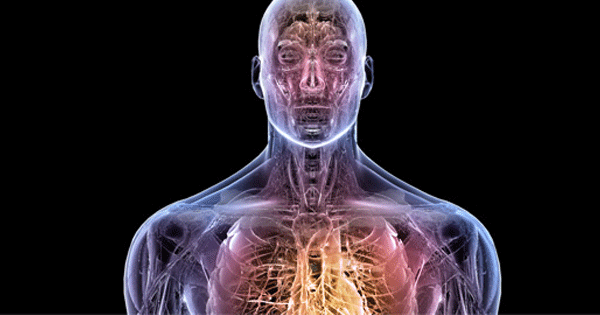Advertisement
"Burning fat" is the trendy way we describe losing weight--yet that's not an entirely accurate way to describe what happens when you're exercising like crazy.
According to a new study published in the British Medical Journal, many people, including health professionals, doctors, dietitians and personal trainers, believe that fat gets "burned" off by being converted into heat and energy, or that it gets turned into muscle. This, however, is incorrect.
So where to fat cells go, exactly?
Those same researchers found that when you "burn" fat, you actually breathe out 84 percent of that fat and the other 16 percent of fat escapes your body in the form of water (in your sweat, urine, or even tears).
The found this out by tracking every atom’s pathway out of the body, and they found that if you lose 10 kg of fat (about 22 pounds), 8.4 kg (about 18.5 pounds) will be in the form of carbon dioxide, and 1.6 kg (about 3.5 pounds) will be in the form of water.
"Our calculations show that the lungs are the primary excretory organ for fat,” wrote Meerman and biochemistry professor Andrew Brown at the University of New South Wales in their study. "Losing weight requires unlocking the carbon stored in fat cells, thus reinforcing that often heard refrain of 'eat less, move more.’"
"None of this biochemistry is new, but for unknown reasons it seems nobody has thought of performing these calculations before,” they added in a press release. "The quantities make perfect sense but we were surprised by the numbers that popped out."
This doesn't mean that breathing harder will help you lose more weight. You will still have to eat less in order to balance out your total carbon intake. The authors note that their calculations show that “physical activity as a weight loss strategy is, therefore, easily foiled by relatively small quantities of excess food.”
What do you think of this new study? Are you surprised? Let us know your thoughts in the comments!
Photo Copyright © 2011 3D Science




